The focus of the Automobil Produktion Kongress 2024 was on sustainable, efficient and digital production methods. Industry experts from car manufacturers and suppliers discussed the future of smart production.
This article first appeared on AMS’ sister site, Automobil Produktion

The smart factory is currently shaping automotive production more than ever before, from the implementation of the internet of things (IoT), artificial intelligence (AI) and robotics to big data in production processes. Manufacturers and suppliers alike hope that new technologies will lead to significant improvements in efficiency, sustainability and flexibility. However, creating resilient and real-time networked production is a herculean task, especially in existing plants and IT systems.
At the Automobil Produktion Kongress 2024, Jose Arreche, director of the SEAT Martorell & Barcelona plant, Rene Wolf, director of Manufacturing Vehicle Operations, Ford of Europe, and Arno Güllering, senior vice-president of operations in Electrified Powertrain Technology at ZF discussed the key opportunities and risks of these new technologies.
Smart factories need expertise and standards
While factories undergo digital transformation, it’s important to keep production lines up and running without interruption. “The most important thing in the transformation is, of course, not to disrupt processes,” said SEAT plant manager Arreche, referring to the key challenges of transforming existing locations. Ford’s Wolf added that it is also important to use the existing expertise of the company’s employees, who know the challenges in their environment inside out and can solve them with appropriate technical support. “Ideally, a plant should develop a mindset in which engineers themselves help to drive forward digital solutions,” said ZF’s Güllering. At the same time, the digitalisation of production benefits immensely from cross-plant exchanges to develop best practices. “Successful projects are shared,” emphasised Wolf.
The three experts also agreed on the need to standardise IT solutions, which Ford, for example, is driving forward in its own organisation with dedicated employees. Arreche said that it is important to build processes and solutions from the ground up: “When standardising, you have to avoid the mistakes of a top-down approach and instead use the input of those experts in the company who use the relevant solutions daily and are familiar with their problems and opportunities.” He also emphasised the relevance of high-quality data records as the basis for all digital systems. There is often a problem here, particularly when connecting suppliers.
Watch ZF’s Arno Güllering discuss navigating volatility with technology
Furthermore, one should not make the mistake of viewing digital technologies monolithically, added Güllering, who referred to ZF’s modular approach. The company is working on introducing smart technologies along the entire production cycle and linking them together intelligently. This includes digital models and simulations, for example, but the aim of the measures is to create a real-time-based digital twin of the respective locations, which can be updated quickly thanks to its modular structure.
AI’s impact on product quality
The experts also agreed on the future potential of AI. Above all, the ability to quickly identify and rectify errors in products and processes is a sensible first use case for the technology, explains Jose. Wolf shares this view: ”The volumes of data collected in the plants are simply too large to examine for patterns or anomalies without smart technologies.” ZF already uses corresponding systems in its quality assurance, explained Güllering.
Automobil Produktion Kongress took place in Hochhaus Süddeutscher Verlag, Munich on 16-17 May.
Run in partnership with AMS’ sister site, Automobil Produktion, the conference brought together leaders in the industry to disuss the growing importance of digital transformation in manufacturing and logistics as well as IT integration in vehicle production.





























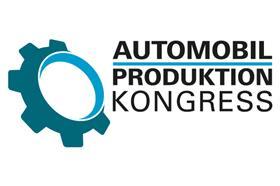

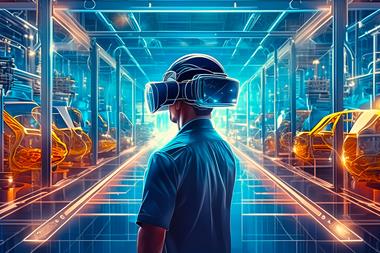
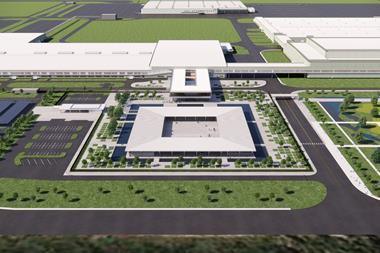
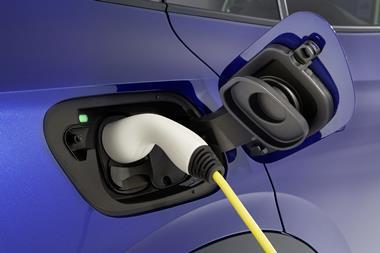
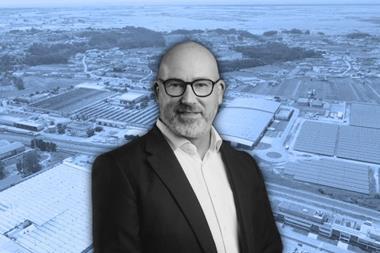
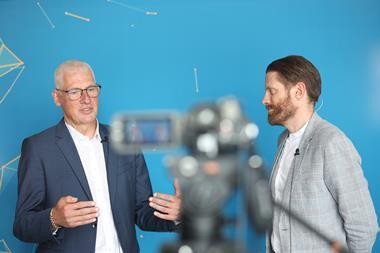



No comments yet